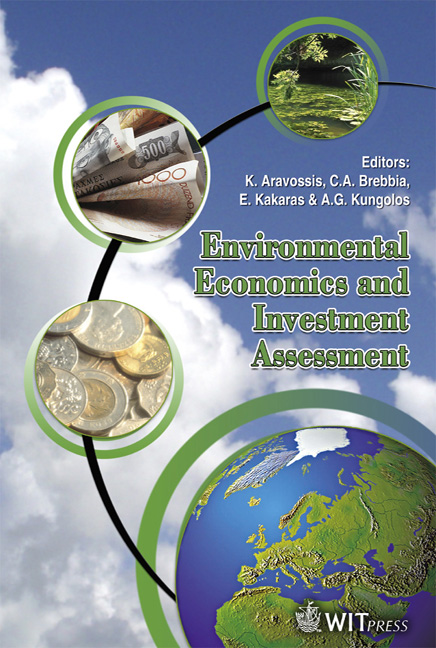Local Development Of Small Islands With Intense Specialisation In Tourism: Cost And Benefits In The Framework Of Sustainable Development
Price
Free (open access)
Transaction
Volume
98
Pages
10
Published
2006
Size
360 kb
Paper DOI
10.2495/EEIA060211
Copyright
WIT Press
Author(s)
I. S. Klabatsea
Abstract
Some small Greek islands, that in recent years have come under intense pressure because of increased tourism, change radically during the year and become two completely different places. In winter they are small isolated islands with a reduced population, while in summer they receive an extremely large number of tourists. This is the major activity of the local economy and it continuously sets aside the traditional arts and occupations. Because of this, and the interest that the population shows for the tourist activity, various impacts for the region are being registered, such as the transformation of quiet or remote areas into much frequented destinations, the deterioration of the local culture, the perturbation of proportions of both open and built space, the abandonment of traditional know-how as well as the indisputable reinforcement of the local economy of these regions and the effects on a diminishing local population, particularly those of productive ages. The necessity of the planned preservation of the small islands’ fragile comparative advantage is supported as a basic condition for their sustainable development through the adoption of the respective possibilities and restrictions for the local development. Keywords: spatial specialisation in tourism, spatial planning, small islands, sustainable development, comparative advantage.
Keywords
spatial specialisation in tourism, spatial planning, small islands, sustainable development, comparative advantage.





